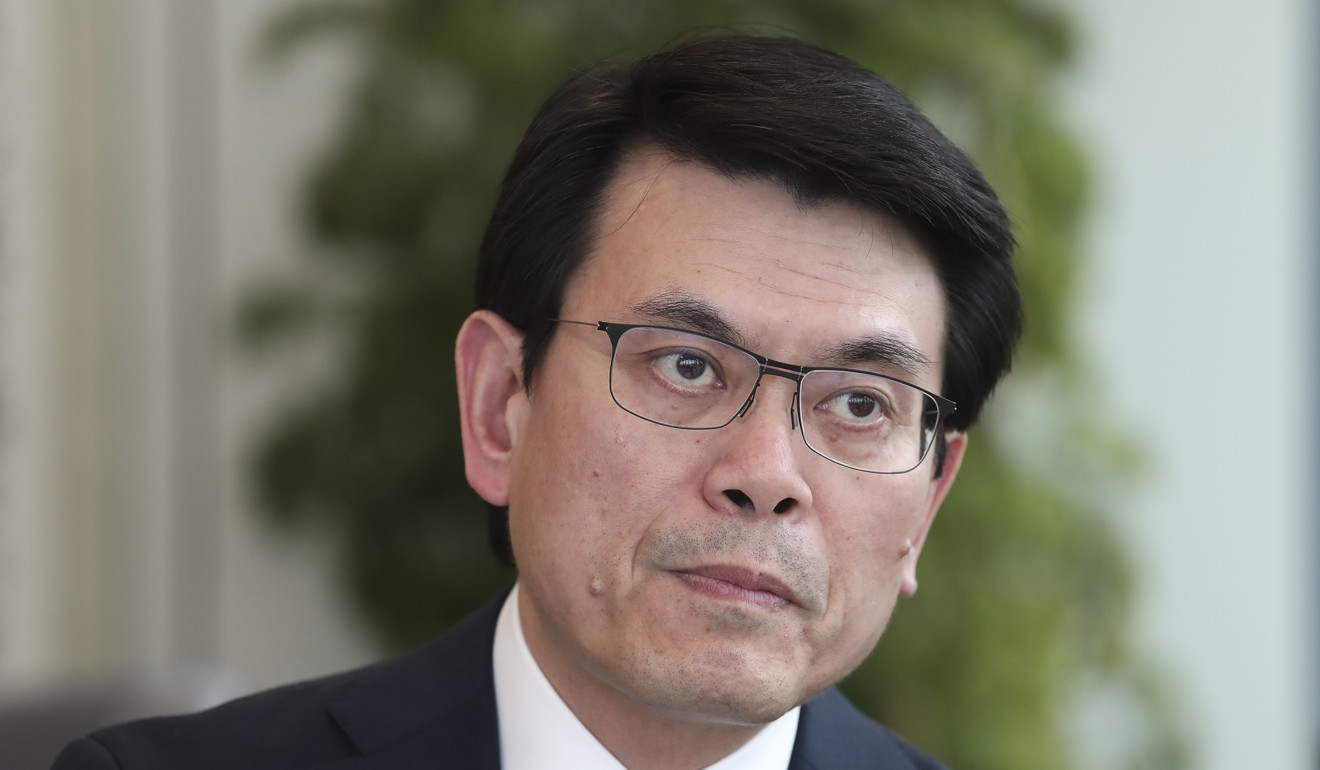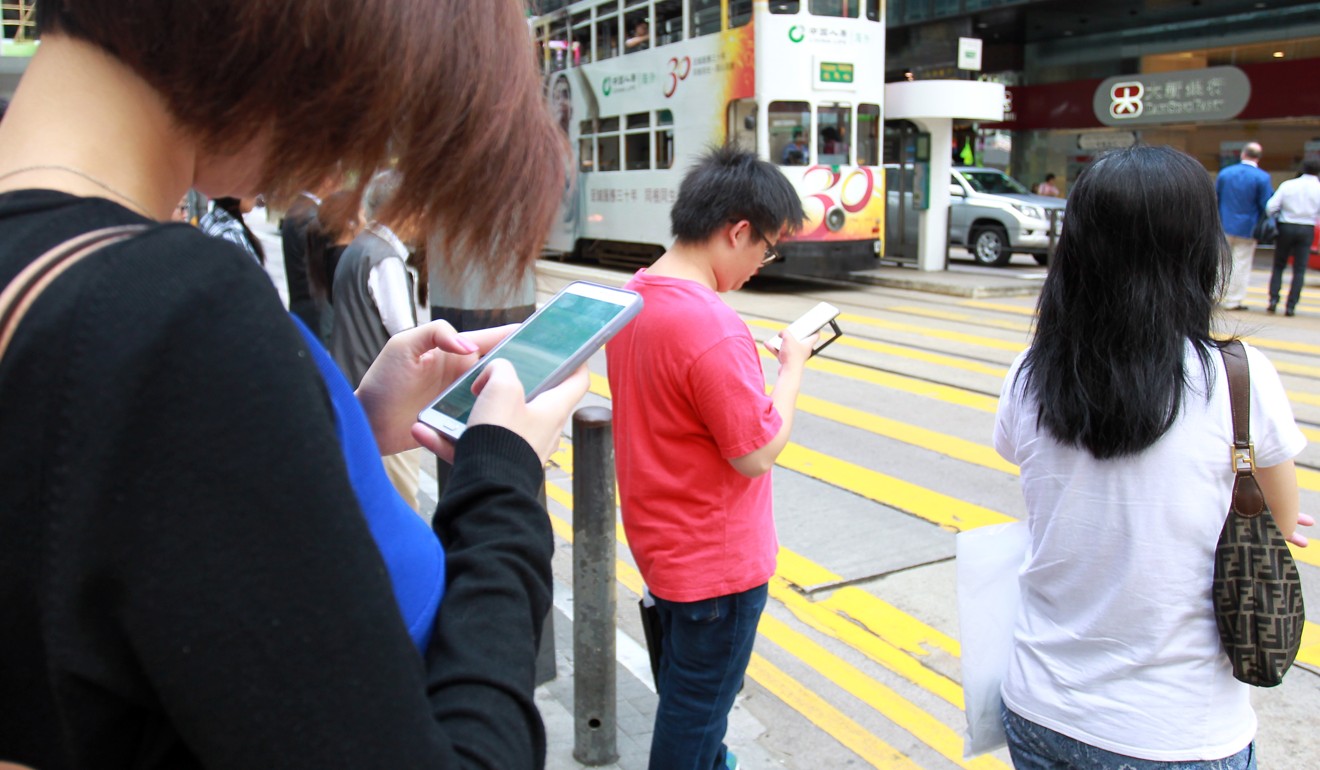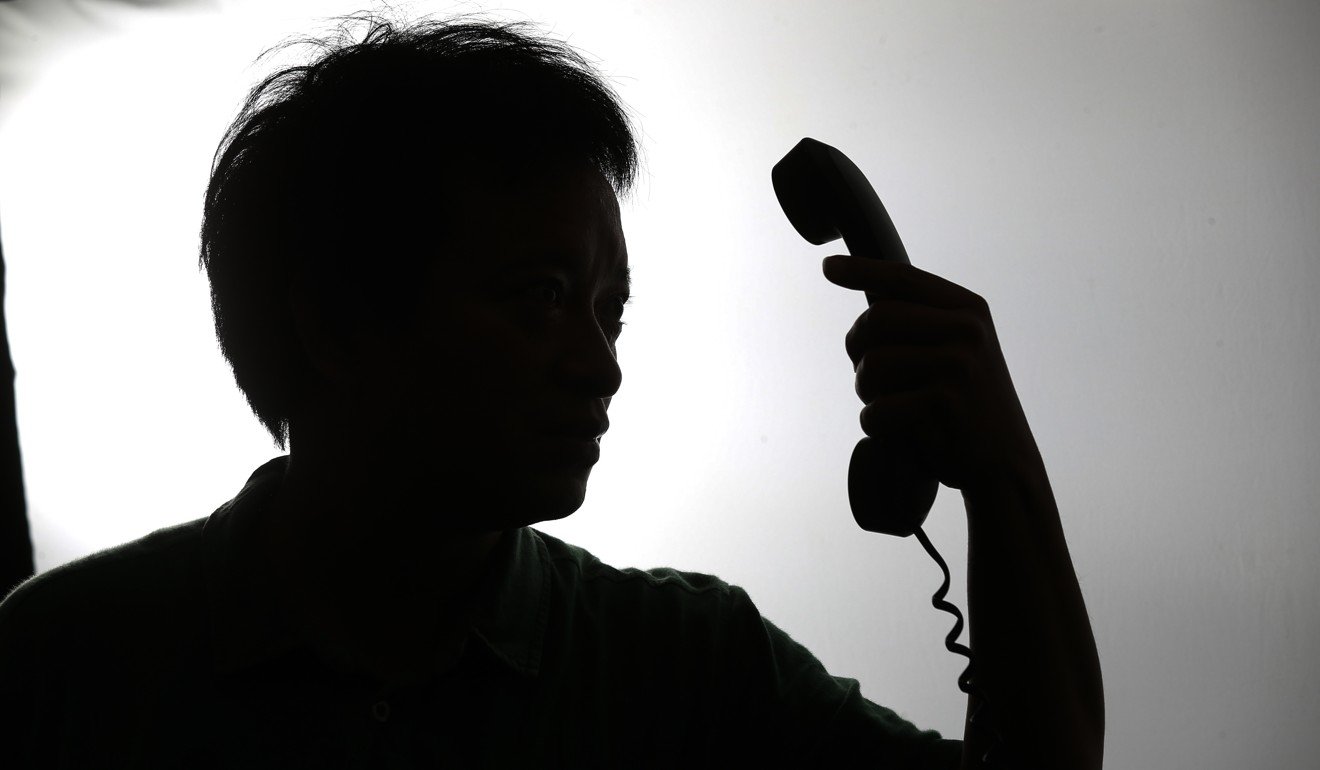
Nuisance call law may be amended to lessen the impact on Hong Kong’s business sector, says government
- Commerce and Economic Development Bureau will discuss the law with business representatives to avoid unwelcome side-effects for companies
- Wholesale and retail sector lawmaker Peter Shiu slammed the law, saying it had no pros, ‘only cons’

A proposed law tackling nuisance calls in Hong Kong could be amended to minimise the harm to the business sector, commerce officials said on Tuesday, as lawmakers warned the new measures could inflict damage on innocent parties.
At a panel meeting at the Legislative Council, permanent secretary for Commerce and Economic Development Clement Leung Cheuk-man said the government could discuss with the commercial sector to alleviate the negative impact on normal business activities caused by regulating person-to-person calls.
“When we make the amendment, we can discuss this matter further with our friends in the business sector. Just as when handling other laws, if they affect the business sector, we will go to a committee on facilitation to talk about how to avoid affecting normal business exchanges,” Leung said.

Their assurances came after the Liberal Party’s Peter Shiu Ka-fai, who represents the wholesale and retail sector, blasted the government proposal for potentially hurting the city’s businesses.
Under the proposal, a do-not-call register would be set up to reduce disturbances to residents; all person-to-person calls sent or received in Hong Kong for commercial purpose would be governed by the scheme.
Members of the public who do not wish to receive person-to-person marketing calls would be able to indicate their preference on the register. Marketers would be bound to follow the list unless they have secured prior consent from the recipients.
Shiu said that if a company puts its number on the register, then it would not be able to promote its products to potential business partners. For example, fruit wholesalers and dried seafood companies could not call restaurants or hotels.

He said many of the cold callers purporting to be marketers from banks were from agencies or finance companies and some of them were based in mainland China, meaning officials might not be able to regulate them because they are in a different jurisdiction.
We are putting a lot of resources into it, but we will still receive nuisance calls
“That means we are putting a lot of resources into it, but we will still receive nuisance calls,” he said.
“All laws in Hong Kong have pros and cons, but this law only has cons.”
Democratic Party lawmaker Ted Hui Chi-fung also said the law should not “kill the innocent by mistake”. But he doubted the proposed punishment system would be a deterrent, because those caught breaking the law for the first time would be given an enforcement notice to make the necessary changes to their operations.
According to the government, those who fail to comply with the notice would face a fine of up to HK$100,000 for the first conviction, and HK$500,000 for each subsequent one.
“That means every commercial organisation can make a mistake once and after they correct it, they won’t be considered to be breaking the law,” Hui said.
“Say for example, we have 10 telecommunication companies and 10 insurance firms. If each of them calls me once, the disturbance can be considerable.”

To strengthen the deterrent, he said, officials could consider punishing offenders once they were confirmed to have broken the rules. But, he added, it could be a lighter penalty.
IT sector lawmaker Charles Mok admitted it could be unfair to punish offenders when they were found to have breached the rules only once, but he also worried the complaints process would not be swift enough for members of the public.
“I am worried the process might be so long. This will make residents feel their complaints are useless and the situation will carry on as before,” he said.
Yau said penalties could not be excessive, so as to avoid undue backlash against the proposed law.